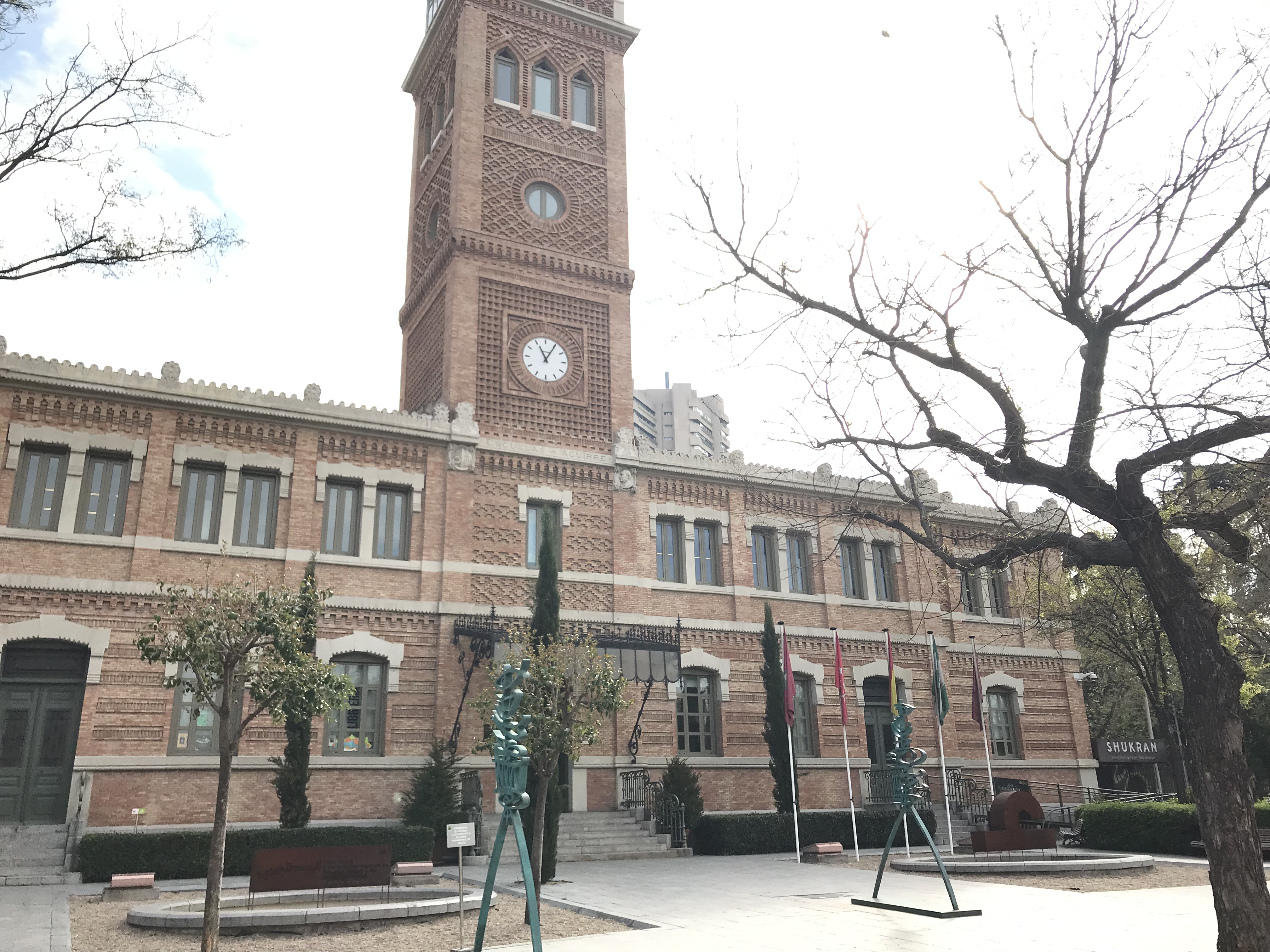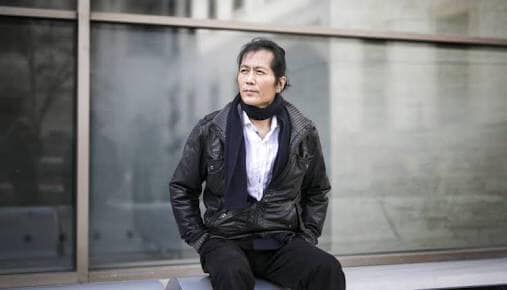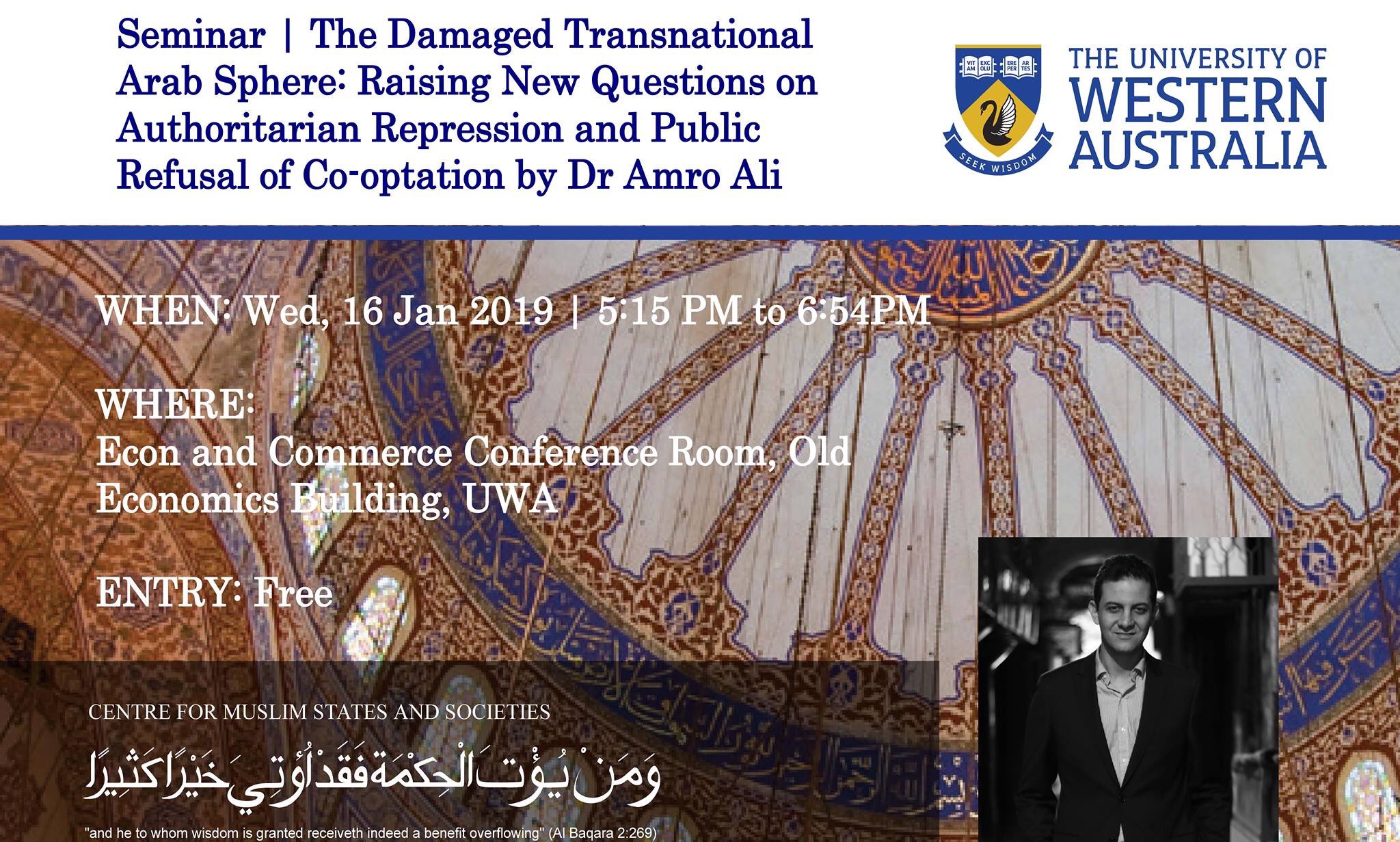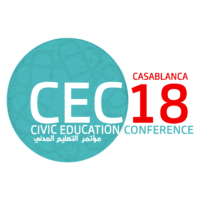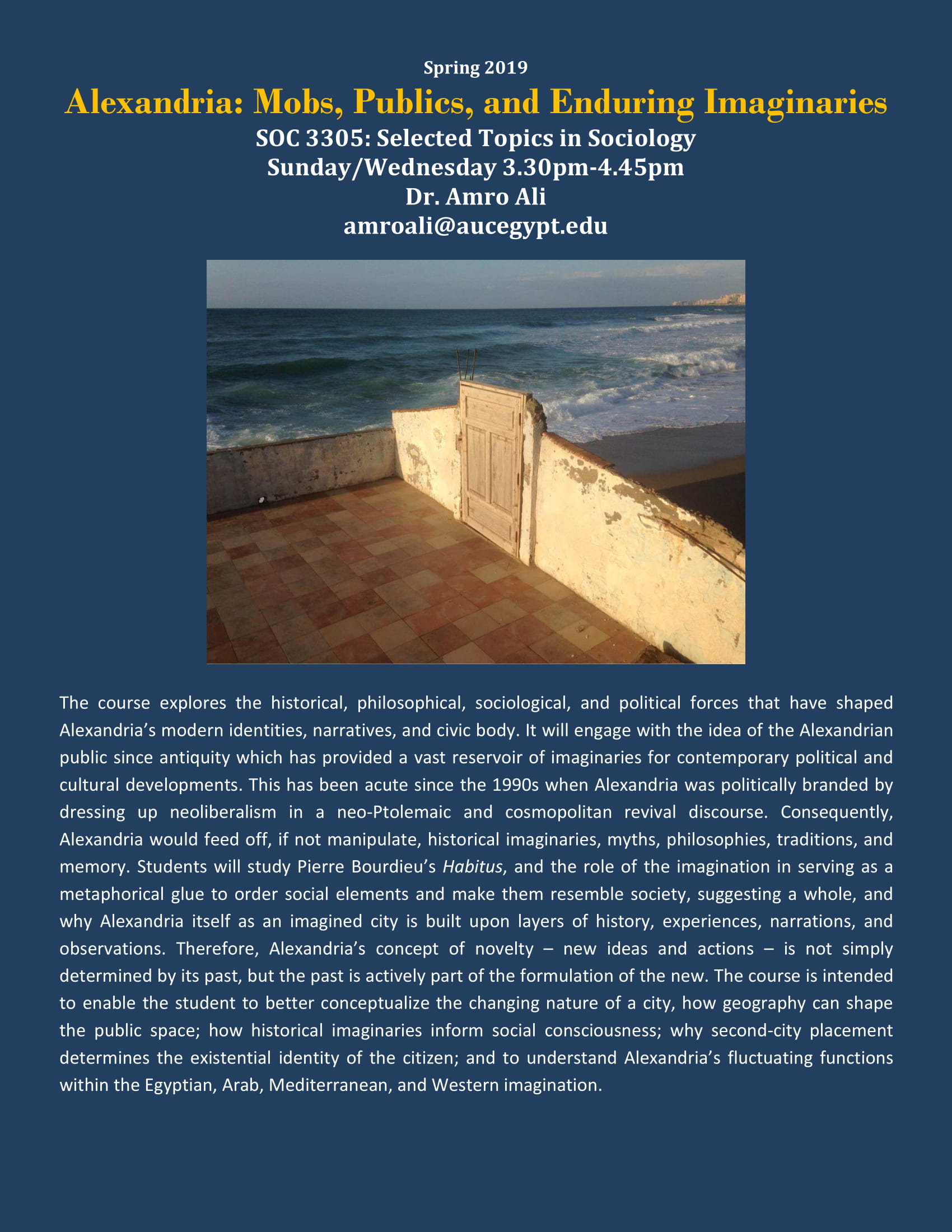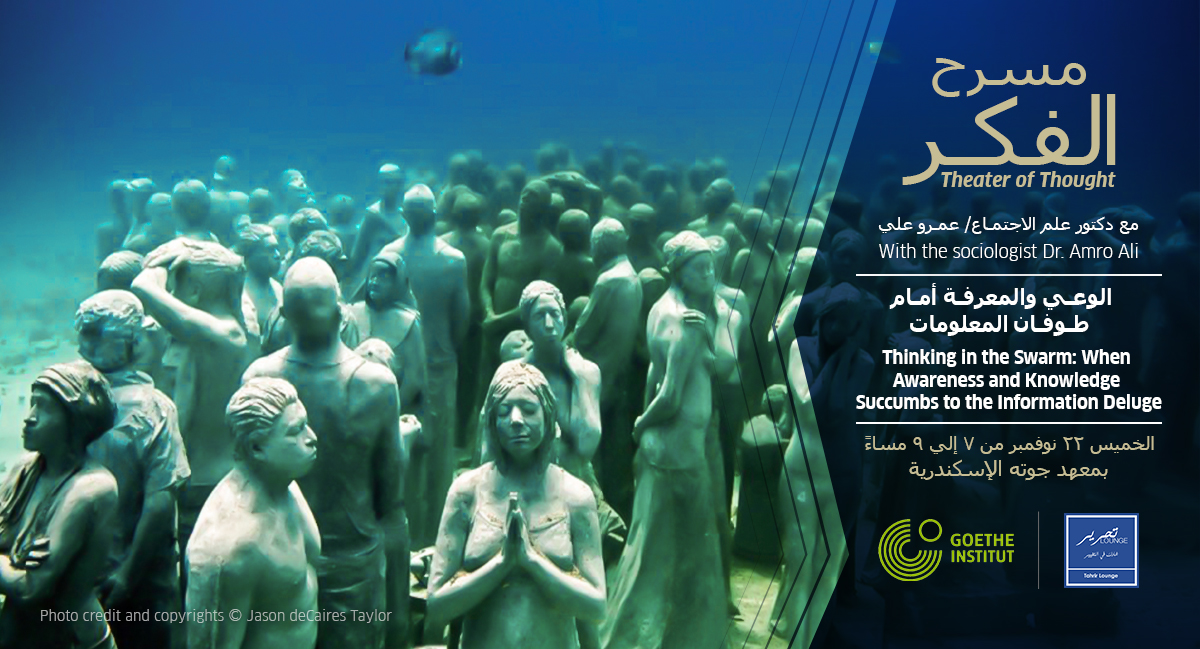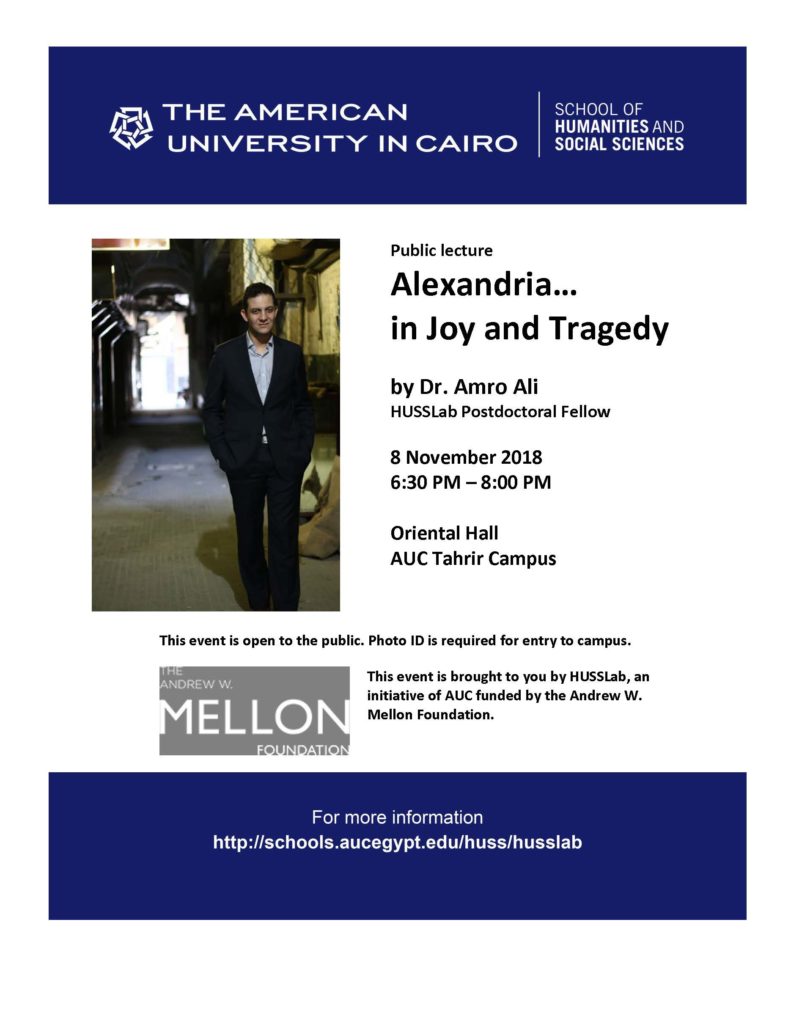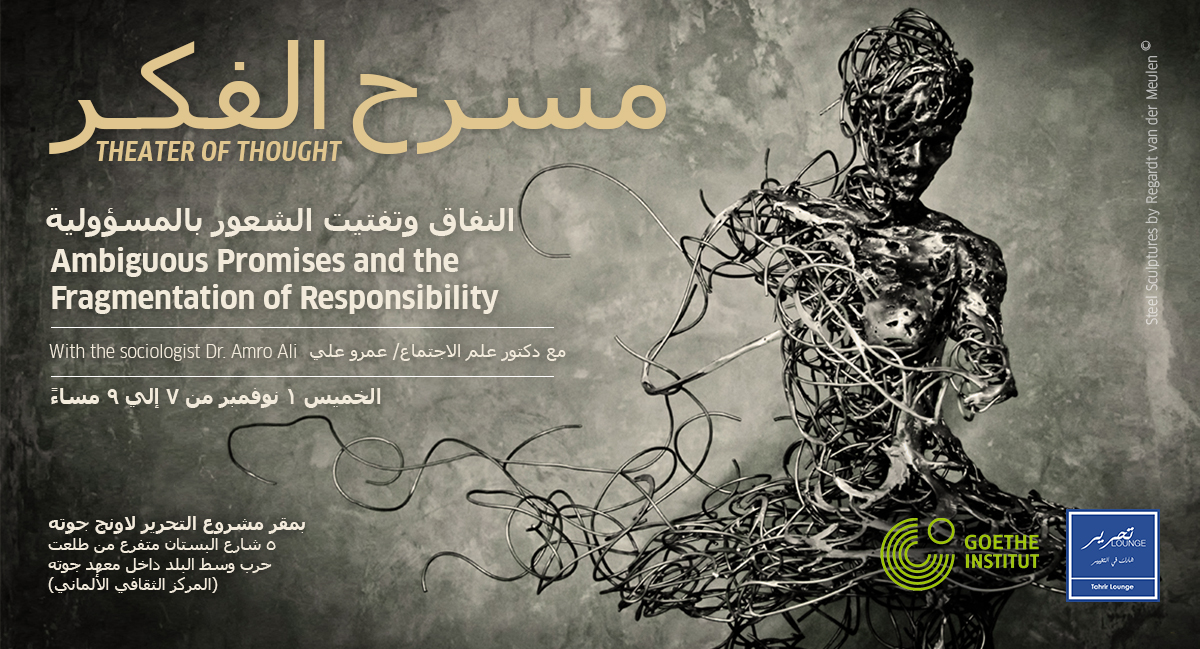Organised by the Centre for Middle Eastern Studies (CMES), Lund University and Forum for Africa Studies, Uppsala University, 17 scholars of African cities (in Zambia, Egypt, Ghana, Nigeria, Angola, and the Democratic Republic of Congo) will run a workshop titled ‘African Cities and the Materiality of Suspicion’, which will take place in Lusaka, Zambia, 9-10 December 2018. The purpose of the workshop is to compare experiences, discuss perspectives, and chapter ideas. Publication due out in late 2019 based on the workshop discussions.
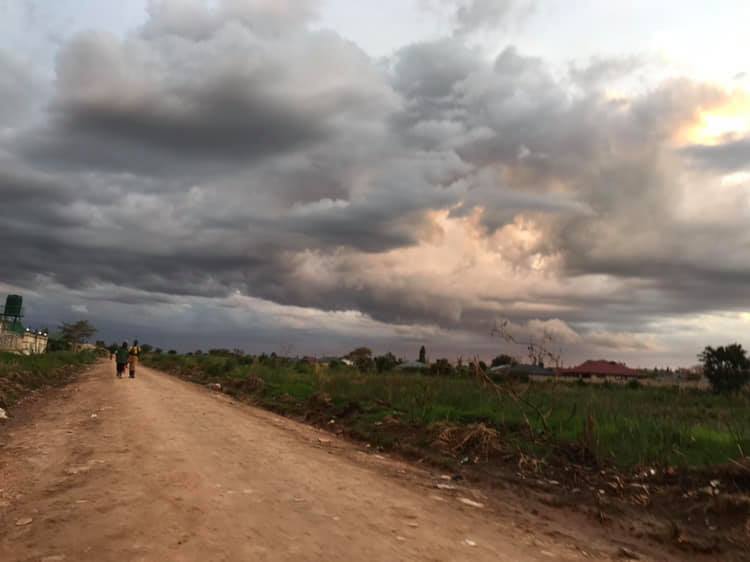
Abstract:
“What is city life like when suspicion comes to underlie everyday interactions with the familiar world? What happens when the suspicion grabs a hold of you that the other passengers in the minibus is a band of armed robbers disguised as commuters, or that the person on the seat next to yours is a government intelligence agent? What do you do when you start wondering whether or not the person you bought your house from was in fact the real owner, or if the butcher put poison in the meat you are about to feed to your family? How does it feel to wonder whether the soundscapes created by public sermons are signs of piety or terrorists’ hidden agendas? What is it like to be almost entirely sure that the electricity company has tampered with the prepaid meter on your wall? Or to discover that the label on your supposedly genuine Honda generator uses a different font than the one your neighbour has?
This is an invitation to participate in a workshop on the materialities, affects, imaginaries, practices, social interactions, and experiences that form when suspicions of this kind come to besiege city life and contribute to an edited volume or special issue in a journal. The theme has grown out of the four organizing researchers’ experiences from Egyptian cities such as Cairo and Port Said, and from Jos and Port Harcourt in Nigeria. Here, long-term dramatic changes are transforming landscapes, relationships and networks, causing a general sense of suspicion to seep into ordinary interactions with familiar matters. There is a deep-seated notion that objects, people, relationships, society, or indeed the world at large, are not what they appear to be, and often, this world of mirages seems to be animated by concealed malevolent agencies.
Recent theory grown out of experiences of fast growing African cities highlights ambiguity as a fundamental condition of everyday life, as intricate webs of economic and cultural logics, value systems, interpretations and expectations, allow for the simultaneous existence of irreconcilable truths.
A shared observation by the four conveners is that suspicion thrives when the familiar emerges as a site of ambiguity – when things and experiences that induce normalcy, security or monotony, simultaneously provoke doubts regarding the true nature of things, people, and relationships. People are continually compelled to try to anticipate which potentialities will solidify into realities. The array of anxieties that emerge from these moments of suspense form a useful starting point for investigating suspicion.
Another observation by the organisers is the close links between suspicion and materiality, in a broad sense, including objects, buildings, the physical environment, but also sounds, vibrations, smells, etc. The matters of this world haunt us. They concern us. They compel us to engage with them. We are caught in their force fields. We use them, but at the same time, they dictate what is possible and impossible. They map out the boundaries of our world. They push and pull us in different directions. Their vectors become our own. They are in our dreams. They invade our living spaces. They have the power to betray us, to open our intimate spheres to the real or perceived agency of others. Interaction with objects and other aspects of the physical environment is an important arena of social, political and cultural articulation that accommodates experiences and sentiments that are otherwise too ambiguous and fleeting to be captured. Once manifested in the material world, otherwise vaporous sentiments of suspicion become graspable, at the level of everyday life as well as academic enquiry. When objectified, attached to a specific matter, doors are in turn opened to larger contexts as each object, site, sound, touch and smell speak about their place in the world.
With this call, we want to delve into the spaces of ambiguity, the moments of suspense while hunches are yet to solidify into tangible truths, and explore what happens if we study suspicion not simply as a lack of trust, but as a phenomenon in its own right. What would be its defining characteristics? Which forms would it assume? What would be its social, political, cultural, or affective dynamics? Is suspicion the lived truth of a world where social contracts have crumbled? Is it a state of mind, or a way of being-in-the-world? Is it an effect of affect, is it matter that matters, or is it not about what we feel at all, but about what we do – a set of prescribed practices in a precarious world? Is it in fact a social force that makes transactions possible?”
